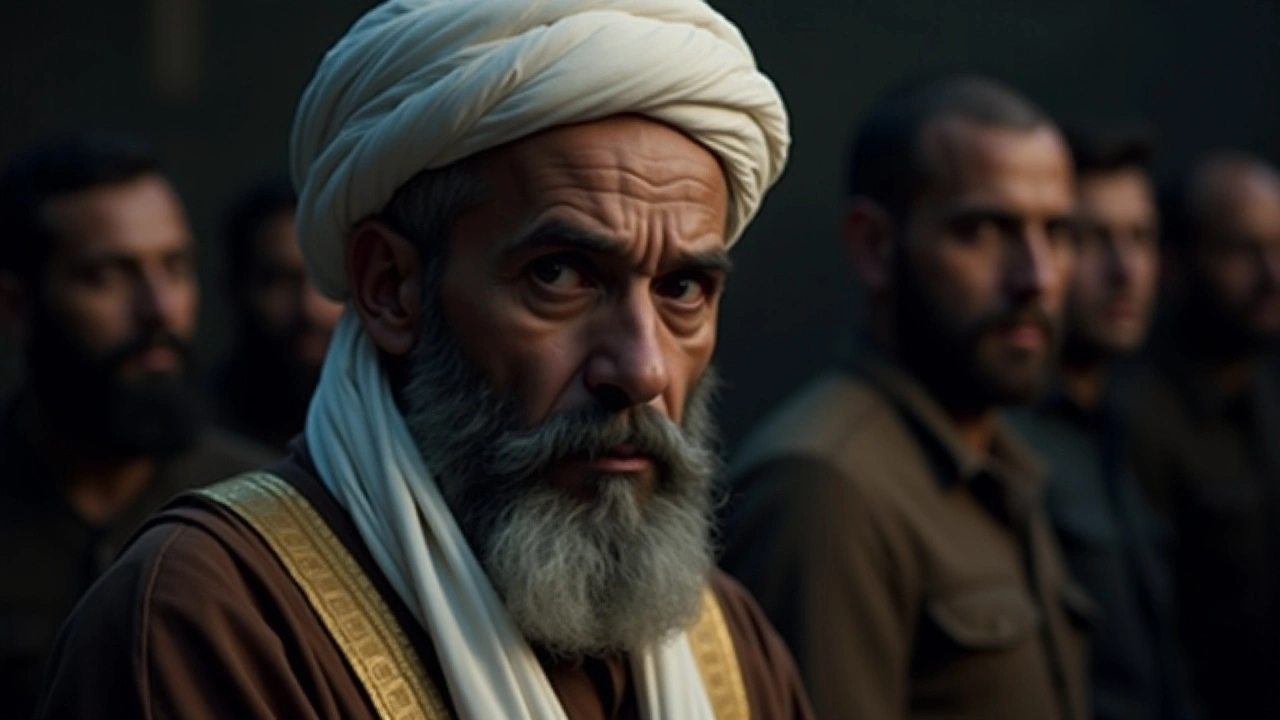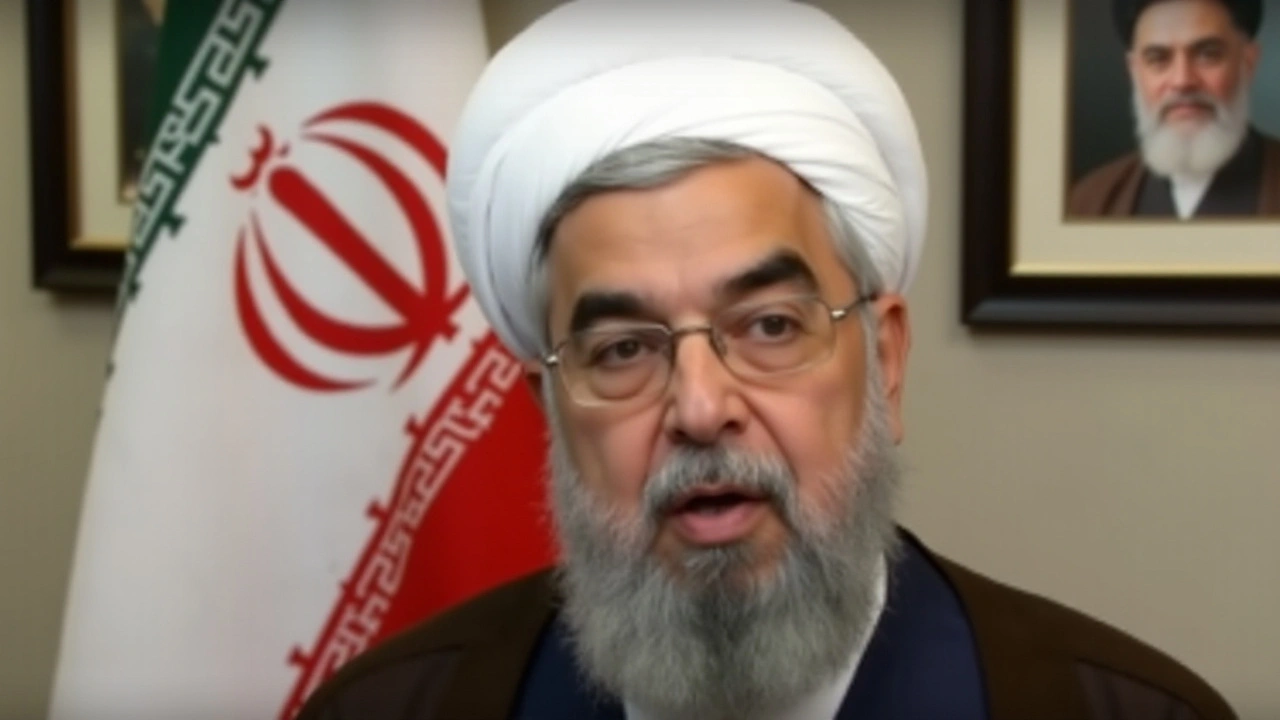Hezbollah's New Leader Voices Openness to Peace Talks
In an eagerly anticipated address, Hashem Safieddine, the newly appointed leader of Hezbollah, has articulated a potential opening for peace amidst the fraught relationship between Hezbollah and Israel. Safieddine has indicated that the militant group is prepared to agree to a truce, provided the conditions are deemed 'suitable.' This statement garners substantial significance, given the historical hostilities that have marred the interactions between the two parties. The international community is watching with bated breath to see how these declarations might alter the landscape of the long-standing conflict.
Backdrop of Violence and Tragedy
Recent developments serve as the somber prelude to Safieddine's statements. Just days earlier, an incident in southern Lebanon saw Israeli airstrikes result in the loss of one life and injuries to another. Such actions exacerbate the volatility in the region, where tensions have always simmered, often bubbling over into open conflict. Many fear that these events could be precursors to further escalation unless diplomacy finds a foothold amid the discord.
The Offer of Ceasefire: What Are 'Suitable' Terms?
While Safieddine's remarks signal a readiness for dialogue, the crux of the matter lies in what constitutes 'suitable' conditions for a ceasefire. Historically, negotiations have floundered due to deep-seated mistrust and unyielding ultimatums. There's the complex issue of territorial disputes, the definition and recognition of boundaries, and the sovereignty questions that complicate any semblance of straightforward negotiations. The challenge lies not just in bringing these issues to the table but in ensuring both parties approach them with earnest intent and genuine compromise.
Hezbollah's Strategic Position: A Shift in Doctrine?
Safieddine’s upcoming speech bears the weight of likely unveiling Hezbollah's tactical recalibrations concerning its dealings with Israel. Experts are poised to dissect his words, looking for subtleties that might indicate shifts in the group’s strategic posturing. Hezbollah, deeply entrenched in Lebanon's socio-political tapestry, has long been an adversary of Israel, a stance that underpins its identity as a resistance movement. A genuine pivot towards peace initiatives would constitute a monumental shift for the organization, potentially redefining its future actions and goals.
Regional and Global Implications
The potential cessation of hostilities could significantly alter the geopolitical dynamics not just between Hezbollah and Israel, but across the broader Middle Eastern region. Countries with vested interests might find themselves recalibrating their strategies and alliances in response to the shifting sands of this age-old saga. The global powers that exert influence in the region, through diplomacy or other means, have stakes riding on how, or even if, this detente plays out.
The World's Watchful Eye
Amidst all this, a cloak of uncertainty shrouds the resultant permutations of these initiative talks. Observers across the globe, from government officials to ordinary citizens, are fixated on this development, hoping that the language of peace supersedes that of conflict. The risk of miscalculation remains real, however, with even the faintest possibility of an agreement unraveling the delicate line between cessation and confrontation.
In Safieddine’s awaited discourse, the wider world seeks a beacon of hope that this conflict, decades in the making, might finally inch its way towards a peaceful resolution. The journey is fraught with historical grudges and contentious arguments, but it is also laced with opportunities for a renewed era of calm and understanding.

Future Dialogues and Diplomatic Pathways
As peace advocates propose pathways for dialogue, the onus falls heavily on the involved leaderships to transcend rhetoric and take tangible steps toward diplomatic engagement. International mediators may yet play a pivotal role in shaping the outcome, imbuing these talks with impartial oversight, and striving to ensure that this tentative flicker of diplomacy is not extinguished by entrenched animosities.
The anticipation surrounding Safieddine's speech serves as a testament to its potential impact. As he steps onto the platform, bearing not just the expectations of his followers but the hopes of a watching world, the words spoken could chart a new course in the interplay between Hezbollah and Israel.


Byron Marcos Gonzalez
Behold, the tides of geopolitics sway like a phoenix in the desert, heralding a nascent dawn of concord :)